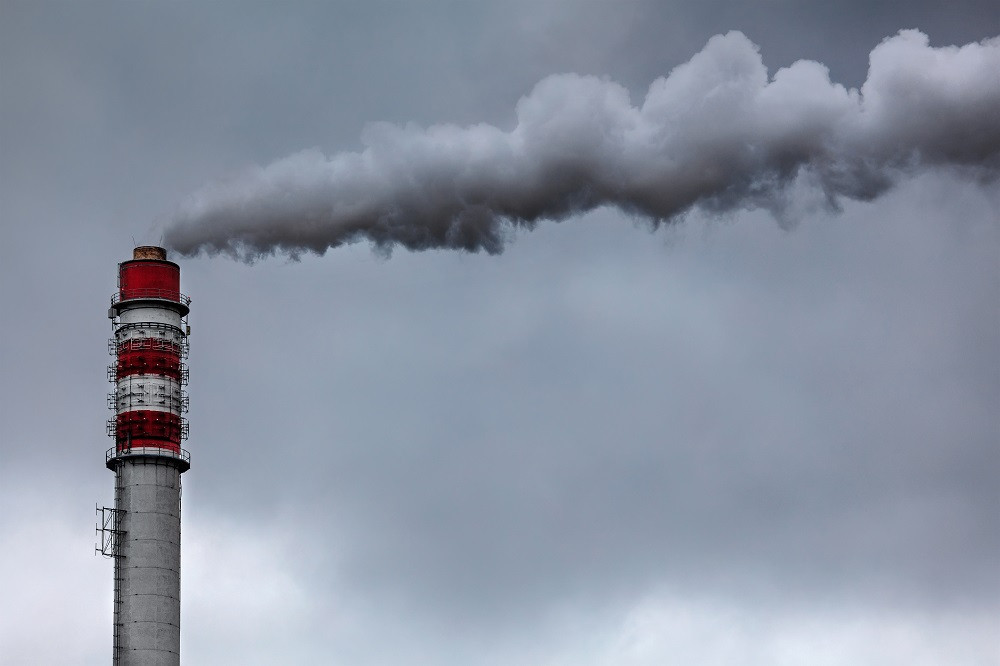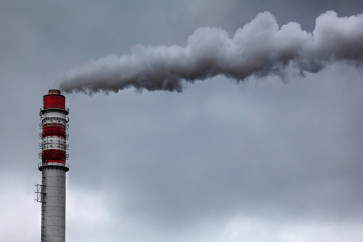Popular Reads
Top Results
Can't find what you're looking for?
View all search resultsPopular Reads
Top Results
Can't find what you're looking for?
View all search resultsFossil fuel subsidies will likely render carbon tax useless: CPI
“Carbon tax and fossil fuel subsidies are canceling out each other," says Climate Policy Initiative (CPI).
Change text size
Gift Premium Articles
to Anyone
A
new carbon tax is expected to little help Indonesia's emission reduction goals, because the country still provides fossil fuel subsidies, a think thank has warned.
Climate Policy Initiative (CPI) associate director Tiza Mafira said on Wednesday that a carbon tax was supposed to trigger a behavioral change by making high carbon emission products more expensive, while fossil fuel subsidies made them affordable, thus preserving the status quo.
Indonesia’s price cap on coal for power plants was among prominent examples of such subsidies, which would nullify the effect of a carbon tax for coal-fired power plants to come into effect in April 2022, she added.
Under the government's domestic market obligation (DMO) policy, coal miners have to set aside 25 percent of their total output for power plants in Indonesia, and sell that coal at below US$70 per ton.
“Carbon tax and fossil fuel subsidies are canceling out each other. This is odd, both policies are contradictory,” Tiza said in a webinar on Wednesday held by Greenpeace Indonesia.
“If the subsidy remains, the price hike [due to carbon tax] would be hidden,” she added.
Read also: Indonesia missing out in carbon trading


















